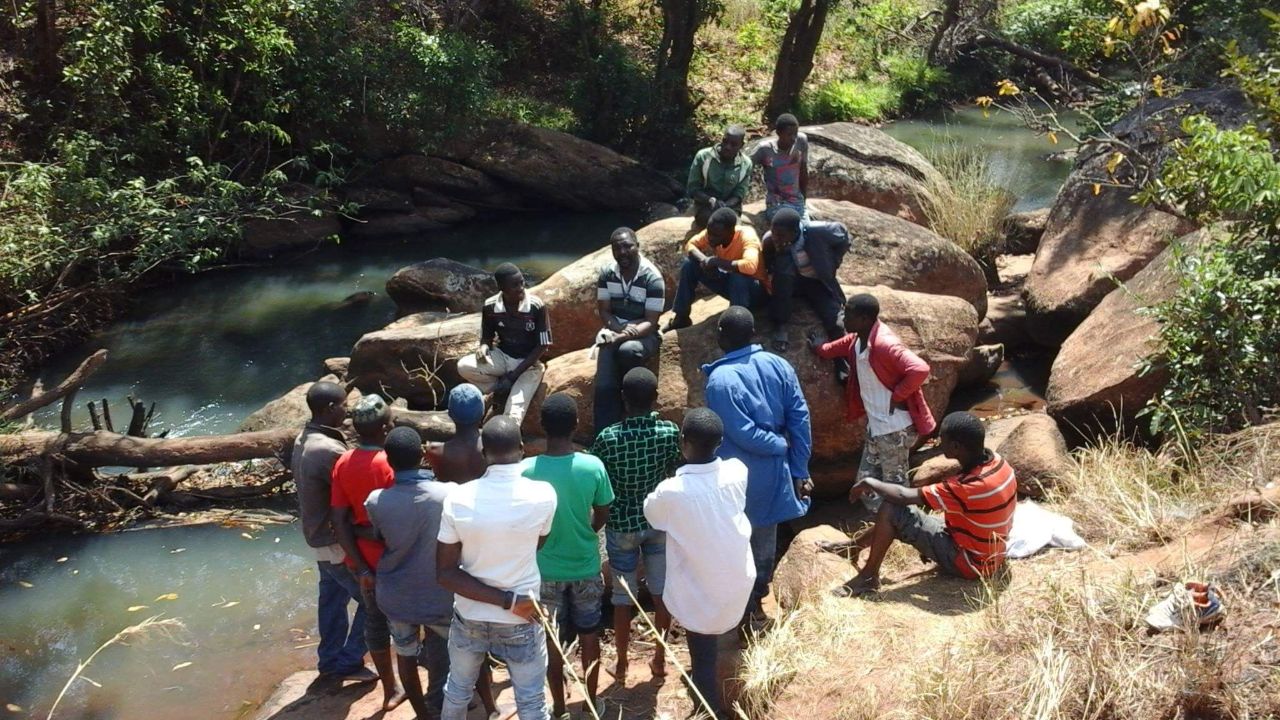We looked down the path and saw him there. A young man lying on the ground, thrashing back and forth. His body out of control with some kind of seizure. Was it epilepsy? A demonic manifestation? What was going on? What should we do? Casting out evil spirits was something Jesus instructed His followers to …
Many disciple-makers hope to see God do something great among the unreached, but they follow a strategy that moves slowly from prayer into evangelism and then discipleship. They start by beginning prayer cells. If you are unfamiliar with this term, it’s when people are invited to attend a worship time and to receive prayer for …
We moved around the room silently. One person was given a watch. Graciously receiving it, he silently prayed. Should he keep it or pass it on to someone else? Another person turned to his neighbor, he gave him a newly purchased jacket. The power of generosity was being released in the room as we did …
“You are like a bulldozer,” he said. That was an unusual thing for someone to say! I wasn’t sure I liked that classification. What did it mean? As time has passed, I’ve come to understand what this prophetically gifted man was referring to. To release Disciple Making Movements (DMMs), you need to bulldoze your way …
“Here is water! Can you baptize me?” Philip was asked this question by the Ethiopian (Acts 8:36). Without hesitation, he immediately took action to help this new believer obey Jesus’ command. I wonder if we would have done the same. We may have said, “I’m not sure I am allowed to do that. I need …
“My children’s school is far from my ministry field,” a trainee said. “I need to live where my children can go to a good school.” How important is it that we live among the people we’re trying to reach? If we can’t live on-site how much will that affect our fruitfulness? It is important to …
Our beliefs about who we are dramatically impact our behavior. In a recent blog, I wrote about the reality that we are people God has chosen to bear much fruit. We are God’s chosen instruments. It is a beautiful thing to be chosen by Him to do His work. In this article, I will focus …
I stepped out the door for my early morning run. A heavy fog hung on the streets. It reminded me of times in Nepal when fog would hang low in the valley where we were church planting. The sun didn’t come out to clear away the fog until mid-morning. Until then, it was hard to …
Imagine someone running in a baton race carrying a large, heavy piece of wood. It would be hard to pass on to the next runner, right? One person may be large and strong and able to run with it. But the next runner may not. Discipleship groups are very similar to this. The baton …
Rice, meat, spices, herbs, onion, garlic…you make your list and go to the market, if you are cooking an Indian meal. Before making a special meal, you first prepare the ingredients you need. You wouldn’t want to start cooking and then have to stop and run to the store, right? In the same way, as …









